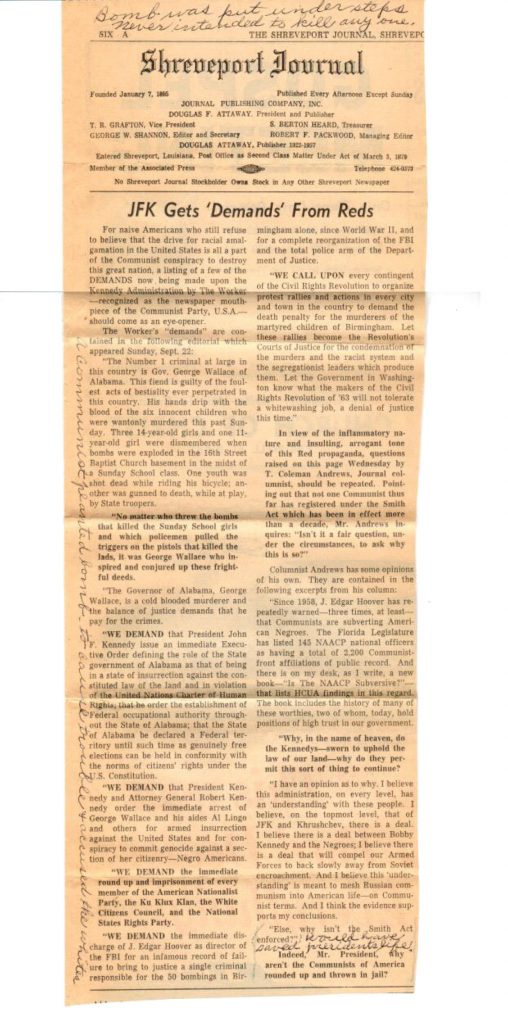 John Dickerson, in his excellent Atlantic article, The Presidency: The Hardest Job in the World, combines historical analysis with quotes and insights from presidents and past advisers to develop both a critique of the expectations of the role of president and how to achieve better results. The analysis lands on a few recommendations including improving the on-boarding process for new presidents and simplifying the role itself. Having and trusting one’s cabinet leads to better delegation of the impossible responsibilities of the role. Maybe outsourcing the ceremonial aspects of the job to the VP or First Lady would allow the president to concentrate on policymaking and national security flare ups.
John Dickerson, in his excellent Atlantic article, The Presidency: The Hardest Job in the World, combines historical analysis with quotes and insights from presidents and past advisers to develop both a critique of the expectations of the role of president and how to achieve better results. The analysis lands on a few recommendations including improving the on-boarding process for new presidents and simplifying the role itself. Having and trusting one’s cabinet leads to better delegation of the impossible responsibilities of the role. Maybe outsourcing the ceremonial aspects of the job to the VP or First Lady would allow the president to concentrate on policymaking and national security flare ups.
While all are reasonable suggestions, resetting expectations about the role of the executive branch should be balanced against reforming the legislative branch in parallel. If both are to be empowered to serve the public’s will with grace and intellect, they face concomitant challenges in overcoming the partisanship and influences of monied interests that have made them unresponsive to the people. Polls show that the public wants reduced health care costs, reasonable gun regulations, humane immigration policies, and an opening of rights for gays and marijuana consumers. But none of these are delivered because they are too complex or politically toxic for Congress to successfully navigate.
Maybe the methodology is wrong. Not in the sense of the Constitution being wrong or in need of updating, but in the sense of how decision making and information gathering is managed through the legislative and executive branches. I’d like to propose an alternative that I will label New Agile Governance (NAG) for simplicity. NAG is based on the simple idea that tracks what Dickerson attributes to H.R.… Read the rest









